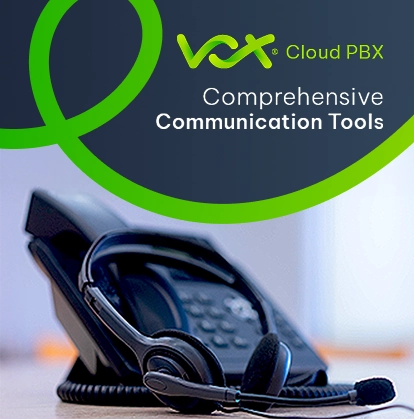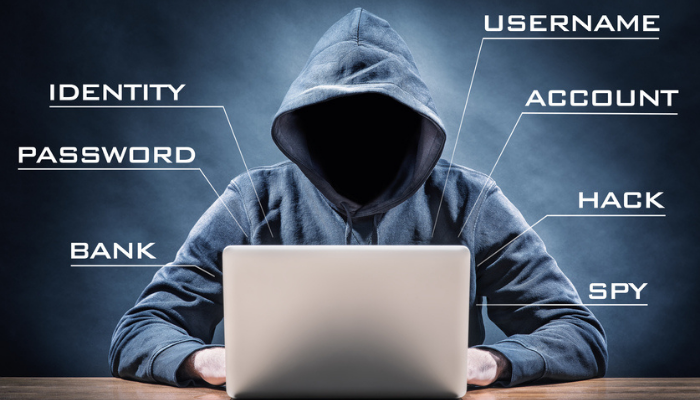A recent US survey has found that 77% of consumers are concerned about online identity theft.
34% of respondents indicating they had experienced a cyberattack, it seems a matter of when rather than if a person gets hacked. Meanwhile, South Africa has the third most cybercrime victims in the world, losing R2.2 billion a year. All this suggests that our increasing connectedness requires a rethink of how to better keep our digital lives safe.
Central to any cybersecurity approach is getting the basics rights. This revolves around applying common sense to help guide us in our activities in the cybersphere just as they do in the physical world.
Related: Cybersecurity in the physical security world
Dos and don’ts in our everyday online activities
Firstly, you must use a different password for every online account you have. These passwords must be hard-to-guess and never be written down. This is easier said than done given how extensive our digital footprint is. From the laptop (or smartphone) passcode through to email, social networks, online shopping, online banking, messenger apps, and other passwords, it is not difficult to imagine that each of us can easily require 10 or more unique passwords.
This is where a password manager becomes critical. Typically, you would need just one login to get into the manager with the solution providing encrypted passwords to get into each of your online accounts. While there is a myriad of freely available tools that can do this, it is worth investing in a product from a reputable vendor.
Adding on to this, you should consider opting in for two-factor authentication if the service allows for it. This means you rely on more than just a username and password to login to an account. In most instances, this could take the form of an SMS to your phone providing a one-time password (OTP) to confirm it is, in fact, you that is trying to login. So, even if a hacker guesses (or steals) your password, they still need physical access to your phone (or another device) to gain access.
Despite the high number of malware and phishing scams out there, many people still click on links they get or download and open attachments they receive via email. Nowadays, this could extend to opening malicious videos on instant messenger apps like WhatsApp or Facebook Messenger. It is therefore critical that you never click on any link that cannot be verified. You can simply contact your friend to confirm the message or by simply deleting it. You must avoid emails from unfamiliar senders.
Related: One click can kill your company
Looking for grammatical errors and spelling mistakes on messages claiming to be from the bank or insurer are easy ways to spot a fraudster. Another giveaway is links that do not work or that redirect to sites you do not recognise. Hover over a suspicious link with your mouse to see where it is going and avoid if it seems like a strange site.
While social media has become the preferred way for many people to keep in touch with friends, family, and loved ones, we must be vigilant in the personal information we post on a social network. Check your privacy settings to ensure only friends can see your posts. This keeps the information limited to a smaller circle of people.
Unfortunately, many people (including children and teenagers) share everything about their lives. Not only is this potentially dangerous from a real-world perspective (think kidnapping, human trafficking, and home break-ins), but it can also result in online identity theft.
Related: Digital privacy – Does it still exist?
The best cybersecurity technology in the world means little if we do not take responsibility for our own online behaviour. It is about being vigilant about what we do and share in the digital realm and questioning every email and link we do not recognise.














